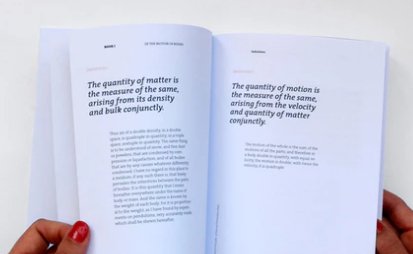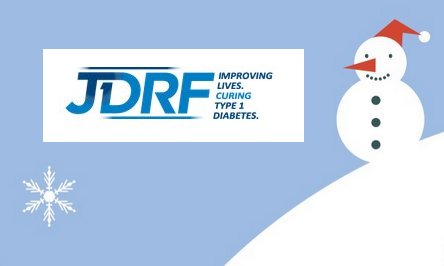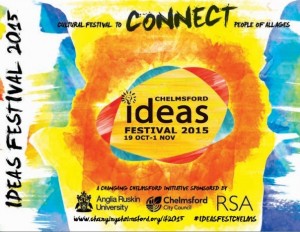It’s that time of year again. When we hope we are early enough to persuade you to buy your 2019 Christmas cards from JDRF.

This year, as well as the usual well designed, delightful cards, you can choose a virtual gift to support JDRF.
Every pound you spend helps support the work of JDRF in fighting type 1 diabetes.
You can find the JDRF card shop on-line here.
The JDRF Gift Packages enable you to select a gift to your value, so that your purchase has even more impact on the work of JDRF, our favourite charity.
How does it work?…
‘Select and order your gift. JDRF will send you a …pack containing a premium gift card that is blank for your own message and a brief description of your gift. We also include a letter from us explaining how this gift can help people with type 1, all wrapped up in a blue gift envelope. You can then personalise and send your gift to a friend or loved one’.
Find the JDRF Gift Pack shop pages online here.
Even before the snow has fallen, we wish you a very Happy Christmas – from all of us at conversationsEAST and SmithMartin LLP. We are proud to be continued supporters of JDRF.
About JDRF:
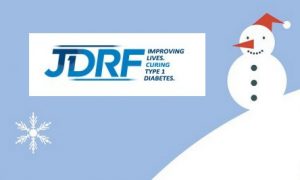
JDRF is the type 1 diabetes charity. We won’t stop until we create a world without type 1 diabetes.
We are committed to eradicating type 1 diabetes and its effects for everyone in the UK with type 1, and at risk of developing it.
To work towards a day when there is no more type 1 we:
• fund world-class research approved and administered by our international research programme to cure, treat and prevent type 1 diabetes
• make sure research moves forward and treatments are delivered as fast as possible.
• give support and a voice to people with type 1 and their families
Source: https://jdrf.org.uk/

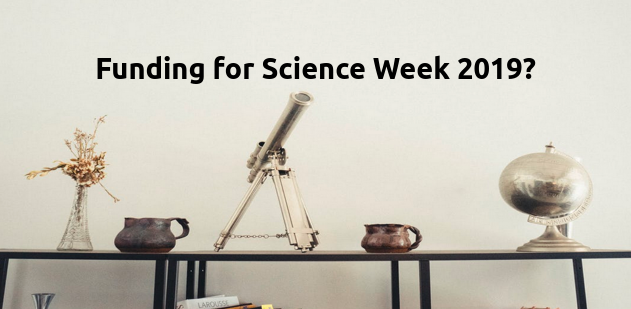

 Event details: Tuesday 12th June 2018 – 7pm to 11pm – CB23 8AQ
Event details: Tuesday 12th June 2018 – 7pm to 11pm – CB23 8AQ


